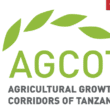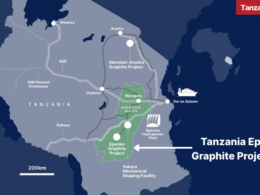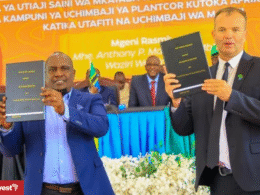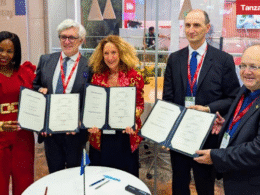A discussion on investment opportunities in the Tanzania energy sector was the major topic on the table at a recent meeting in Dar es Salaam between investors, financial institutions and policy makers for the sector.
The purpose of the meeting, known as the East African Energy Conference, was to identify methods to employ in order to improve access to reliable power supplies and to reduce the overall energy costs.
According to a recent report in Capital Business, the supply of energy in the East African region is distinguishable by the high rate with which power is rationed, the high price of energy compared with the low rate of electrification, and the steadily increasing cost of doing business there.
In a statement that was released following the conference, the East African Business Council (EABC) compared the price of cement from any port in Asia with that of the cement produced in East Africa, stating that the price in Asia was noticeably lower.
“The prime obstacle for business in East Africa is the high price of electricity,” said Charles Mbogori, the Executive Director of the EABC.
Mr. Mbogori went onto explain that the price of electricity in the East African region was between 5 and ten times higher than the prices in Egypt or South Africa
“The EABC has, therefore, identified the energy sector as a priority area for action,” he said
In addition, the EABC Director also spoke about the East African Energy Master Plan Strategy, indicating that its purpose is to develop the areas resources so that the applicable countries can begin sharing power using a system of inter-connectors for power transmission.
Furthermore, Mr. Mbogori said that the Master Plan was seeking to identify viable opportunities for generating more electricity from hydro in Uganda, geothermal in Kenya or natural gas in Tanzania.
Currently, according to Mr. Mbogori investments in the energy sector are still primarily controlled by the public sector, which has not yet been capable of sustaining the rapidly increasing demand.
The Capital Business report went on to indicate that Mr. Mbogori had noted that the current energy policies in many of Tanzania’s partner states were not yet well enough developed and did not yet provide adequate incentives for investment in the private sector.
To this end, Mr. Mbogori said that one of the primary goals of the recent conference would be to explore the current policy framework and develop new policies to help spur private investments in the energy sector.
“Developing a good policy framework is necessary to encourage capital investment in the energy sector,” said Mr. Mbogori in the Capital Business report.










